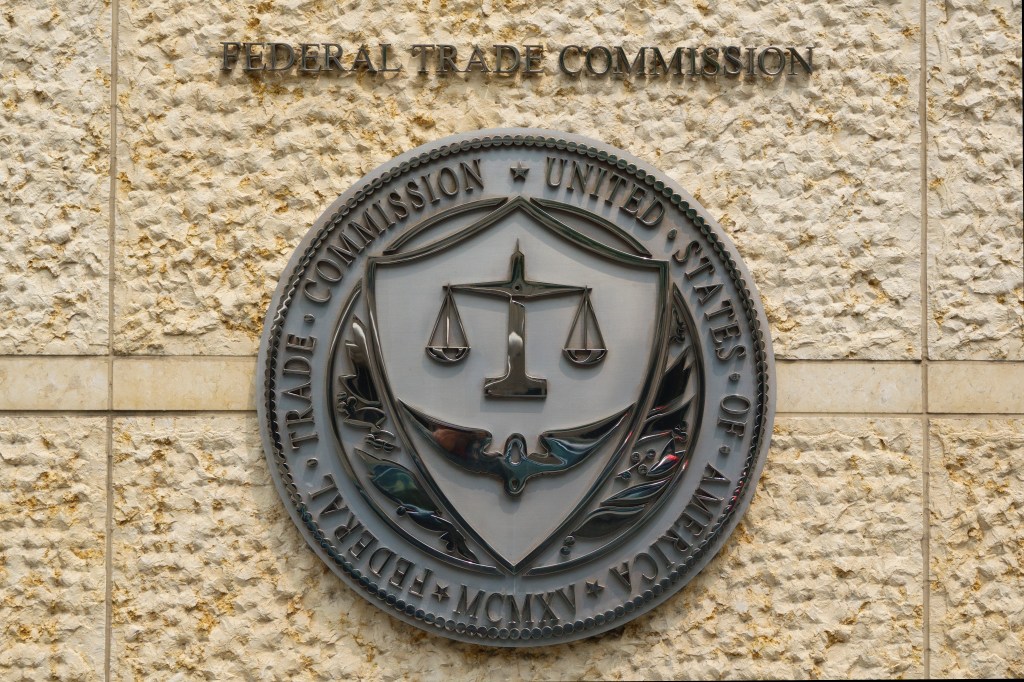The SEC is looking into allegations that several prominent Wall Street players have been cheating customers out of billions of dollars of interest payments.
The probe focuses on whether banks or brokers steered clients toward sweep accounts that paid little or no interest, and whether the companies’ financial advisers had
Register for free to keep reading
To continue reading this article and unlock full access to GRIP, register now. You’ll enjoy free access to all content until our subscription service launches in early 2026.
- Unlimited access to industry insights
- Stay on top of key rules and regulatory changes with our Rules Navigator
- Ad-free experience with no distractions
- Regular podcasts from trusted external experts
- Fresh compliance and regulatory content every day













